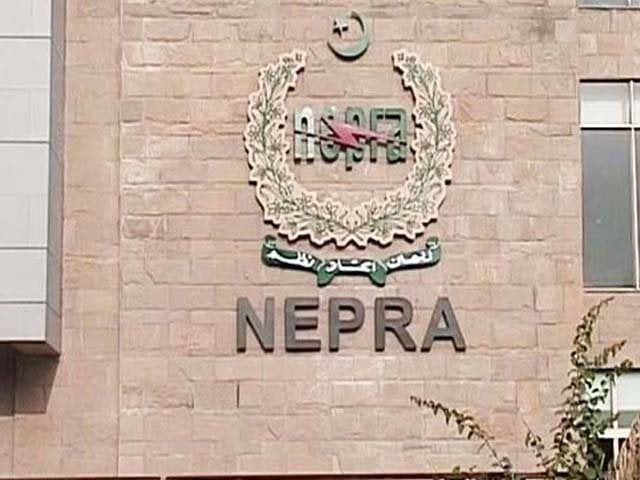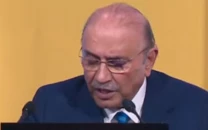NEPRA highlights Rs32b burden on consumers
Misuse of merit order leads to increased costs in April 2024

The National Electric Power Regulatory Authority (NEPRA) on Thursday highlighted the misuse of the merit order in April 2024, which resulted in an additional burden of Rs32 billion on power consumers.
NEPRA identified a significant issue in the energy generation mix, particularly with the underutilization of Thar coal. In April 2024, only 881 GWh of power was generated from local coal against a reference generation of 1,690 GWh, leading to an extra cost of Rs32 billion.
During the monthly fuel charges adjustment hearing for April 2024, a Central Power Purchasing Agency (CPPA) official representing distribution companies (DISCOs) argued that the increased costs were not solely due to low generation from local coal. The official explained that lower generation was partly due to weather constraints, as demand for electricity was low.
When asked about the per-unit impact, the official stated it was Rs3.8 per unit. NEPRA Chairman Waseem Mukhtar presided over the proceedings, with members Mathar Niaz Rana, Maqsood Anwar Khan, and Amina Ahmed in attendance.
Read NEPRA reserves decision on Rs19 tariff hike request
DISCOs had requested NEPRA's approval to impose an additional charge of Rs3.488 per unit on power consumers' June 2024 bills, based on the April 2024 fuel charges adjustment, amounting to an impact of Rs29.2 billion.
NEPRA member Maqsood Anwar Khan questioned why more expensive RLNG was used instead of local coal. The CPPA official responded that high demand in central Pakistan, high pipeline pressure, and low economic activity contributed to this decision.
NEPRA members noted that lower generation from cheaper local coal was due to deficiencies in the system and questioned why a proposal was not sent to the power division to address this long-standing issue. The CPPA official mentioned that several proposals had been submitted to the government, with expected incremental changes this year.
NEPRA highlighted that had local coal been used, the reliance on more expensive power sources could have been avoided, reducing costs. The CPPA official cited rain and temperature drops as factors affecting power demand in April.
The regulator also inquired about net metering contributions to the national grid, with the CPPA official providing an unsatisfactory answer. The NEPRA chairman estimated that 2000 MW of capacity is connected to the national system through net metering.
In April 2024, a total of 8,639 GWh of electricity was generated at a cost of Rs79.55 billion (Rs9.208 per unit). After accounting for refunds, the total amount charged to consumers was Rs75.2 billion (Rs8.98 per unit).
Power generation in April 2024 decreased by 13.7% from the previous year but increased by 7.7% from March 2024.
Despite this, it was 17% lower than the reference demand. The generation cost decreased by 10.1% year-over-year but increased by 10.8% from March 2024.
Less electricity was produced from renewable and cost-effective sources compared to the previous month, which could have further reduced costs for consumers.
Hydropower generation increased by 10.6%, while coal-based generation declined by over 50%. Natural gas-based generation fell by 18%, RLNG-based generation by 10.8%, and nuclear power generation increased by 6.6% compared to the same month last year. No electricity was generated from high-speed diesel and furnace oil.



















COMMENTS
Comments are moderated and generally will be posted if they are on-topic and not abusive.
For more information, please see our Comments FAQ